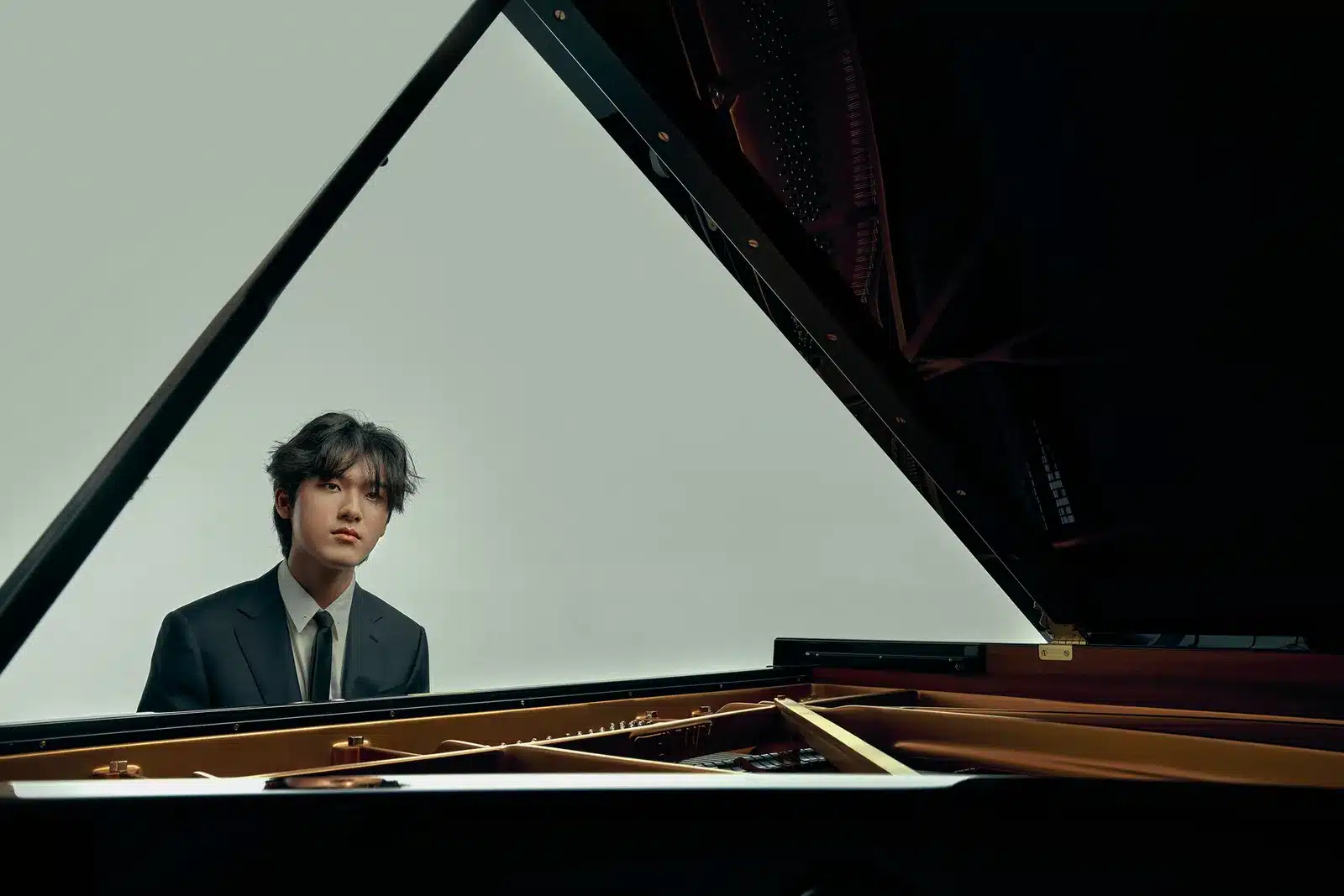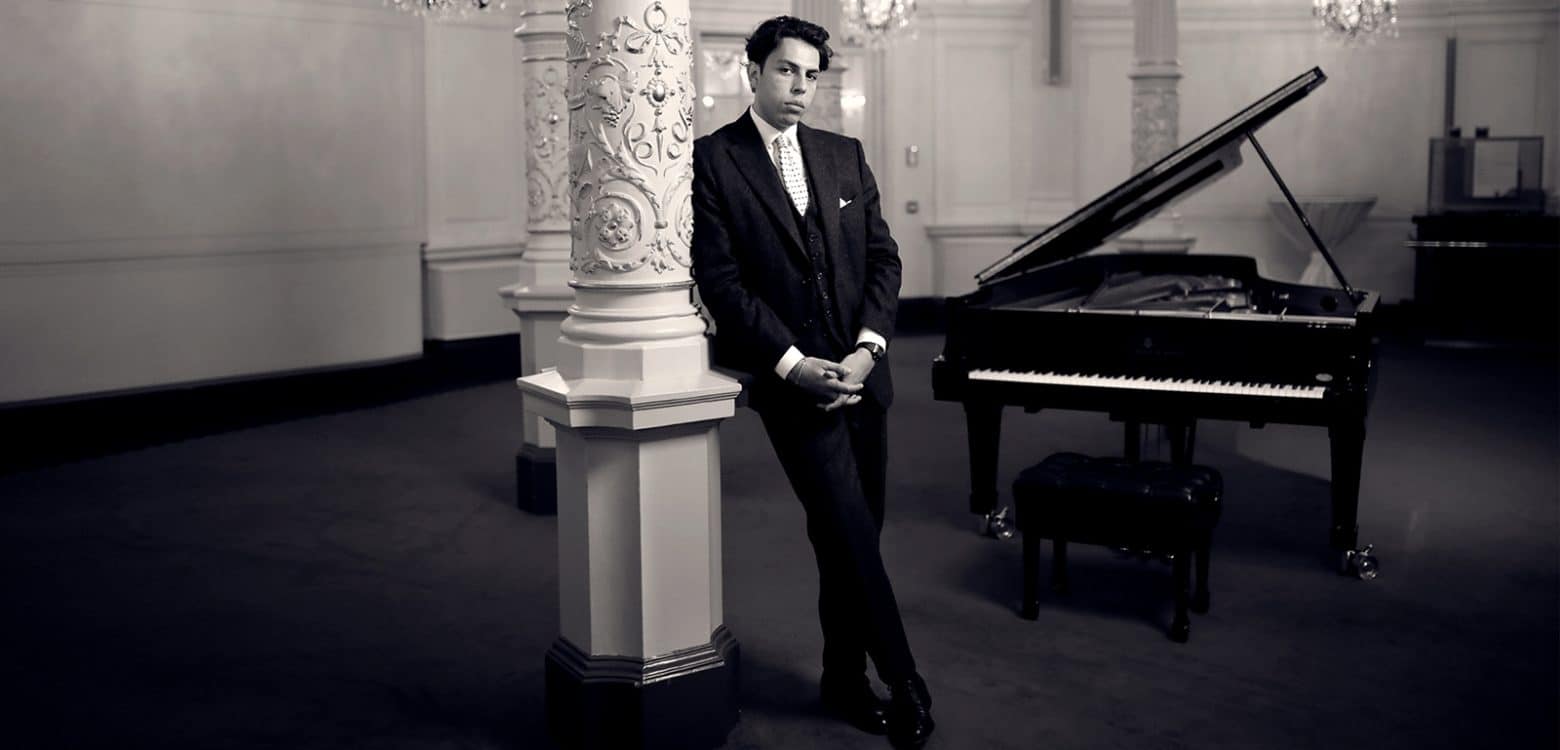Longest serving principal flute dies, aged 88
mainPaul Renzi, principal flute of the San Francisco Symphony Orchestra for 60 years, 1944-2004, passed away on Wednesday night.
Paul was hired at 18 by Pierre Monteux and caught the ear in his first season with the tricky solos in the brand-new Shostakovich Sixth. He knew all about orchestral life from his father, who played oboe under Toscanini in the NBC Symphony and came west when the orch was disbanded.
Paul came 11th in our list of longest-serving orchestral players, the highest ranking flute player.






Comments